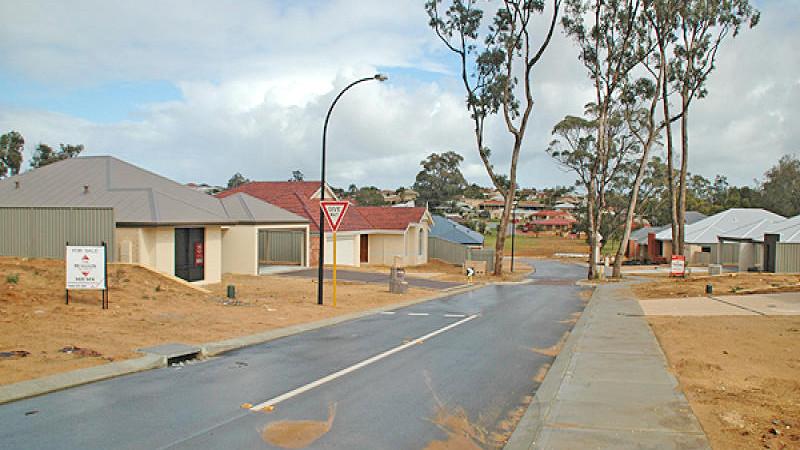
Generic housing construction pic
Western Australia has announced its support for the use of artificial intelligence to expedite housing approvals in response to ongoing challenges in meeting national building targets. This initiative comes as the Albanese Government confirmed plans to pause further modifications to the national construction code. The decision follows discussions at an economic reform round-table in Canberra, where participants recommended practical changes to lessen the “regulatory burden” on builders.
Tony Buti, the Commerce Minister for Western Australia, expressed confidence that the proposed measures would not compromise building standards. “No, I don’t have concerns in this respect,” Buti stated during a press conference. “The construction code now is quite robust. There will still be the ability to bring in necessary safety requirements if need be, but the problem is that builders are constantly telling us that, with the code changing, it’s very expensive and makes it very uncertain for their industry.”
The minister highlighted the importance of addressing these concerns, noting that WA fell short by 4,000 homes of the National Housing Accord’s 2024 target of 24,000 new homes. Despite this shortfall, WA’s performance surpassed that of many other states.
Streamlining Housing Development
John Carey, the Housing Minister, underscored the significance of reducing bureaucratic obstacles to “supercharge” housing development. He supported the establishment of a dedicated strike force while also endorsing the integration of AI to hasten environmental assessments. “That will be in the first instance for more of the basic stuff,” Carey explained.
The concept of “deemed to comply” was also discussed, where builders meeting certain criteria would receive streamlined approvals. Even with AI’s involvement, Carey emphasized the necessity of maintaining human oversight. “At some stage, you are going to have some human approval to review it,” he added.
The potential for AI in the building permit process has generated excitement among government officials. Carey noted that many local residents have voiced concerns regarding delays in permit approvals, often due to lost documentation. He believes that AI could play a crucial role in alleviating these frustrations, improving efficiency throughout the approval process.
As Western Australia navigates its housing challenges, the introduction of AI-driven solutions reflects a broader commitment to innovation in the construction sector. The government’s proactive stance aims not only to boost housing supply but also to enhance the overall experience for builders and residents alike.






